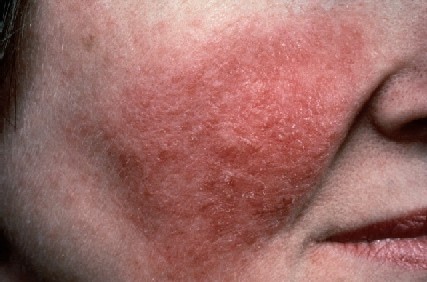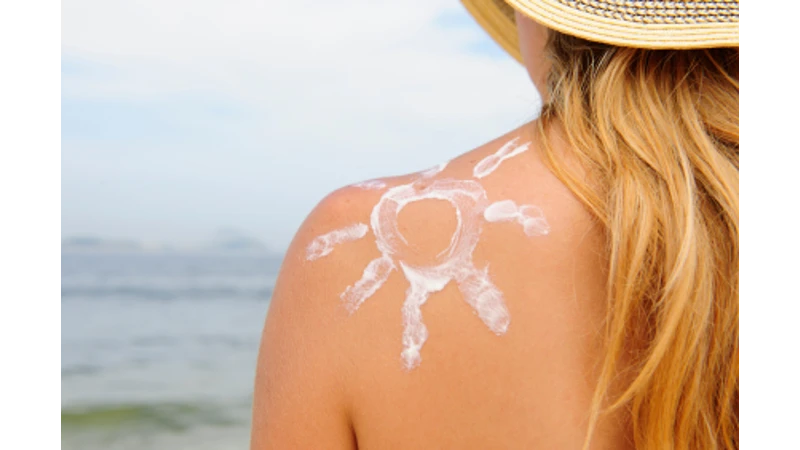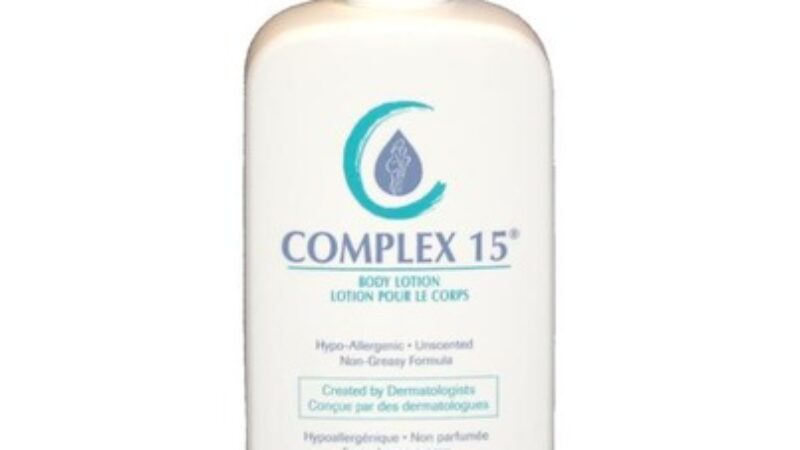The National Rosacea Society (NRS) has designated April as Rosacea Month. A condition that affects an estimated 16 million Americans, rosacea is widespread and many individuals aren’t even aware that they have it.
Because the signs and symptoms of rosacea often mimic other skin conditions, it has often been called “The Great Impostor.” The flushing or redness that accompany the condition resemble a sunburn, and the papules and pustules may be mistaken for acne. Signs and symptoms vary from one patient to another and because many individuals believe that they have a temporary condition that will resolve on its own, treatment is often delayed.
Unfortunately, without treatment, rosacea persists and may become more severe. It can’t be cured, but it can be controlled with appropriate treatments and dietary modifications. Treatment options include a combination of oral or topical medications (antibiotics, Vitamin A, steroids, anti-inflammatories) along with laser treatment. A physician can help to determine the best options for you.
Read more here.




